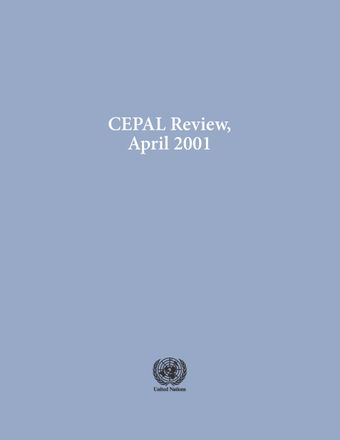-
Brazil in the 1990s: An economy in transition
- Source: CEPAL Review, Volume 2001, Issue 73, Jul 2001, p. 147 - 169
- Spanish
-
- 08 Jul 2001
Abstract
The 1990s have been termed “the reform decade” in Brazil, because of the significant number of changes which took place in various aspects of that country’s economic and administrative policy. This article aims to systematically set forth the main features of those changes and analyse them in the light of the literature on reforms. It represents an attempt to sum up various studies made on the case of Brazil as part of a regional-level study coordinated by ECLAC. The article finds that in various aspects the results have been in line with those proposed by the literature in question, but not everything has turned out as planned or desired. It considers that this disparity of results can be explained by factors ranging from the way the reform process was designed, in some cases, to the different perceptions by the economic agents of the market signals associated with those changes.





